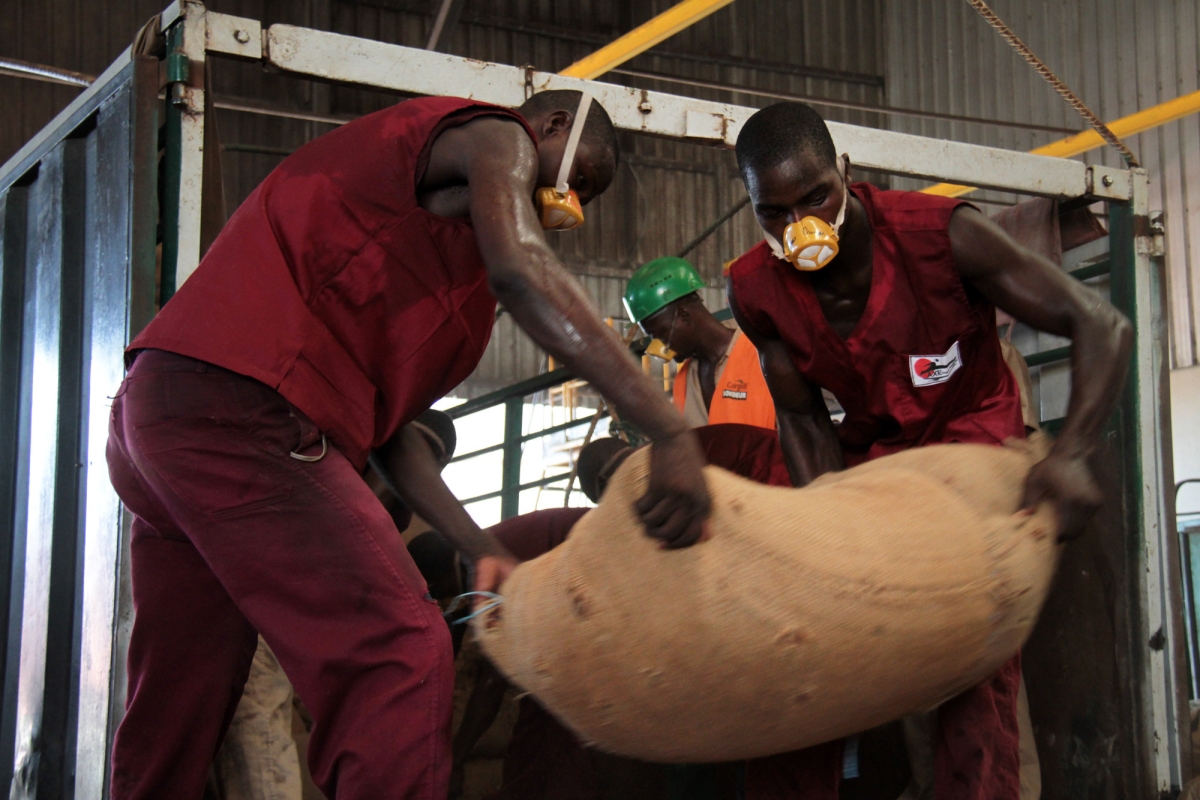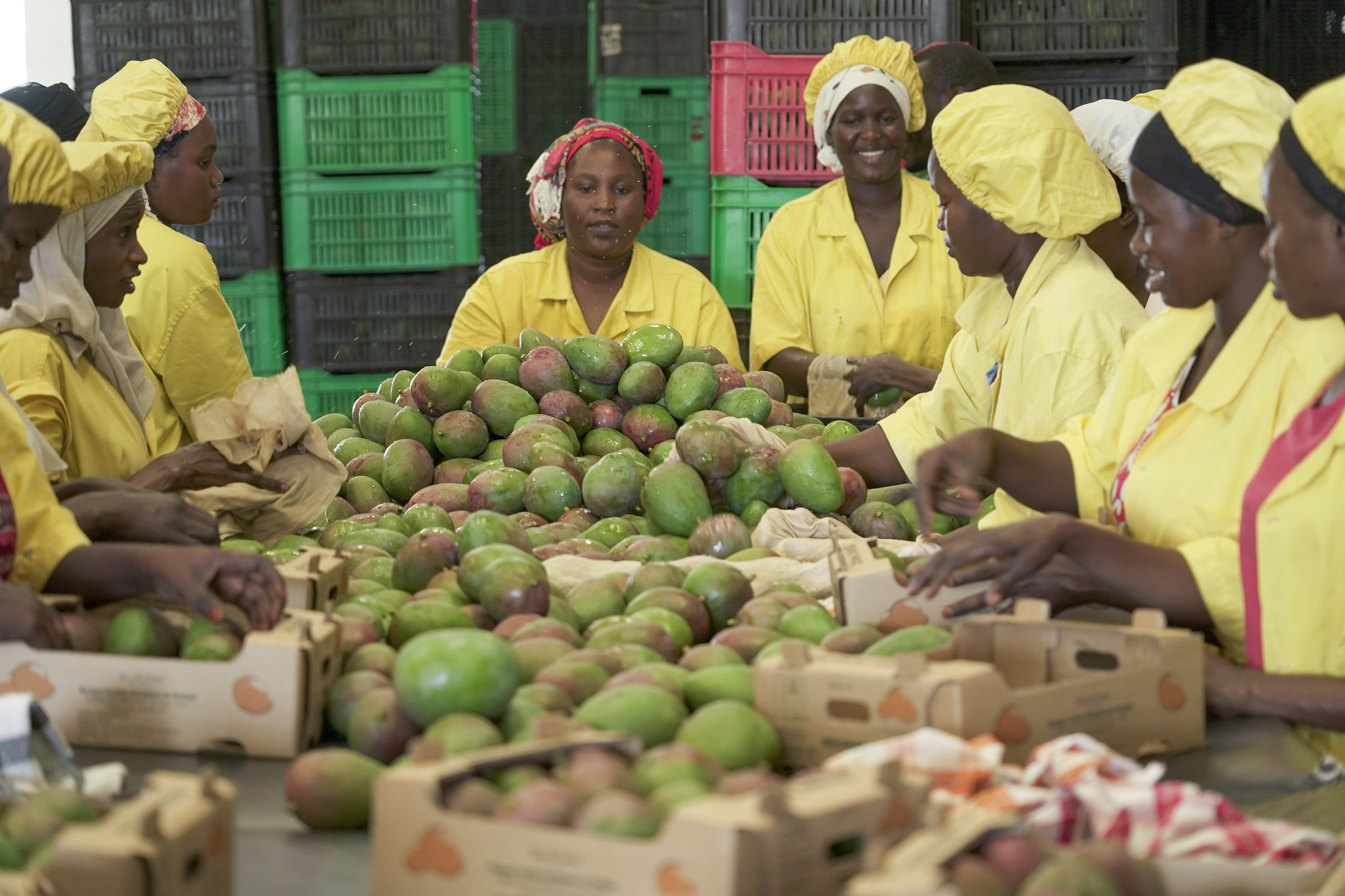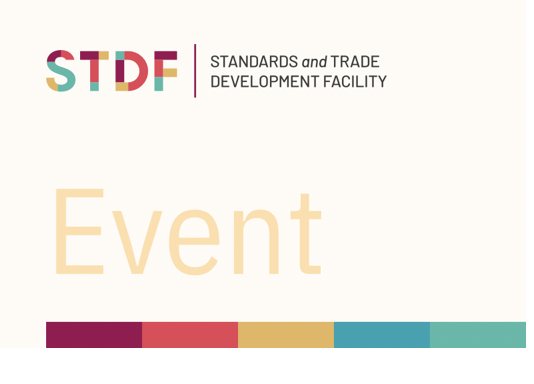Image

Evidence-based priorities (P-IMA)
Strategic investment in SPS systems is key to unlocking market access and expanding trade opportunities. Evidence-based approaches like P-IMA (Prioritizing SPS Investments for Market Access) enable help public and private stakeholders to understand the impacts of diverse SPS investments linked to policy goals from agricultural productivity increases to export growth, as well as benefits for women, youth and the environment.
Using P-IMA improves planning and decision-making processes. It also helps to make the business case for SPS investments, ensuring that that scarce resources are targeted to where they're likely to have the greatest trade, health and development outcomes.
Body
Application of P-IMA in STDF projects
Africa | Asia-Pacific | Latin America |
|
|
STDF |
|
| The STDF P-IMA Practitioner Group aims to support and improve the planning, delivery and dissemination of STDF's work on P-IMA. The STDF Secretariat convenes members of this Group to identify opportunities to promote the use of P-IMA linked to other ongoing/planned work, encourage innovations and synergies to catalyse resources for SPS capacity building needs prioritized in various P-IMA reports, and exchange experiences and learning. | |
| Events |
|

